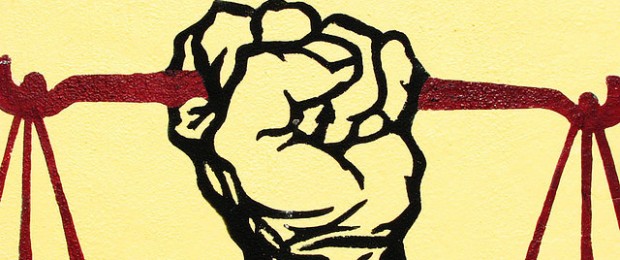Read the full version of the open letter here
The current economic downturn is not Degrowth, even if some people misleadingly call it that. Degrowth means ensuring everybody's basic needs are met by transforming our societies. With policies in place to do that, we could shut down much of the economy for months and everyone would still have enough food, shelter, and healthcare. In a Degrowth society, with relocalized economies, a pandemic like COVID-19 would be less likely, would spread less, and would cause less suffering. The economic crisis triggered by the pandemic is related to our dependence on growth. All interested individuals and organizations are invited to engage in an open debate to re-envision economy and society in the wake of the corona crisis. From May 29 to June 1, the (now online) international conference “Degrowth Vienna 2020: Strategies for a Social Ecological Transformation” will be held, and the Global Degrowth Day on June 6th.Catalan Croatian Danish Dutch French German Greek Hungarian Italian Korean Mandarin Portuguese Russian Slovenian Spanish Swedish Turkish

By Corinna Burkhart Humans get used to quite a lot of things and live their daily life through a set of what we can call habits. Everyday experiences are not much worth a thought as long as everything is like it always is. This can be driving by car to town, only to get stuck in the usual traffic jam, or something very simple like flushing the toilet or using knife and fork to eat a grilled pi...

… and the contribution of the "Degrowth in Action – Climate Justice Summer School 2015" By Elena Hofferberth With the 21st Conference of the Parties taking place at the end of this year, the United Nations climate process is heading towards another climax. The aim is nothing less than the adoption of an international legally binding agreement limiting atmospheric warming to a maximum of 2 deg...
Before an individual chooses to act, he or she requires a story or mindset to make sense of what the situation is about. Acting rationally in this sense means to act with reason, in congruence with one’s worldview and the individual interpretation of the “rules of the game.” Individual mindsets, however, are not fixed [...]